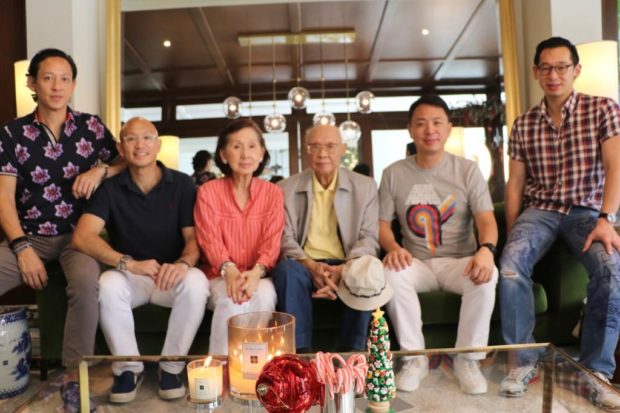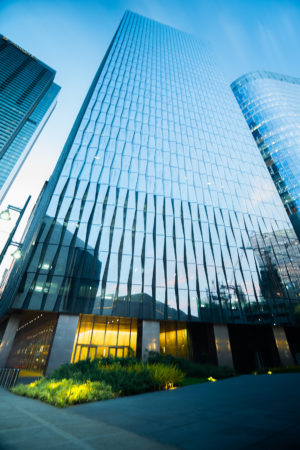
MANILA, Philippines — There was a memorable time in the life of 42-year-old Leonardo Arthur T. Po when he was more concerned about movie scripts, film scores and location shoots than architectural blueprints, construction schedules and profit and loss statements.
Po, after all, was part of the idealistic creative team that brought to the silver screen in 2013 the critically acclaimed Kung Fu Divas and On The Job, a sleek thriller directed by Erik Matti and headlined by Piolo Pascual, Gerald Anderson and Joel Torre.
The avowed movie lover, however, has decided to hang up his executive producer’s hat and instead fully channel his energy and passion into Arthaland Corp., which has rightly earned a reputation as the country’s leading sustainable property developer.

Marking its 10th year in the vibrant and crowded property scene, Arthaland is the only Philippine developer with a portfolio comprised entirely of green developments with the Leadership in Energy and Environmental Design certification given by the US Green Building Council and the counterpart Berde program of the Philippine Green Building Council.
Indeed, Arthaland embraced the concept of sustainable property development long before it became a popular concept and it is determined to keep that edge and brand differentiation as it pursues more ambitious projects all over the country.
Thus it comes as no surprise that Po’s professional life is as action-packed as ever, this time as executive vice president and treasurer of Arthaland, and concurrently treasurer of Century Pacific Food Inc. and Shakey’s Pizza Asia Ventures Inc.—all part of the Po group established by his father, Ricardo Po Sr.
It’s all hands on deck at Arthaland, a partnership between the Po and Gonzalez families, as it is bent on expanding this year its green development portfolio with the launch of its high-end green residential condominium in Cebu City, a green luxury residential condominium in Makati, and upscale apartments in Sevina Park.
“It’s a grand production,” the magna cum laude Boston University graduate told the Inquirer, albeit in an altogether different arena.
Last year, Arthaland hit P10 billion in reservation sales for its three ongoing developments: the Cebu Exchange, touted as the single largest green office building in the Philippines, with the first phase due for turnover this year; Savya Financial Center, a premium green twin tower office development with a fully integrated retail component located in Arca South; and Sevina Park, a low-density, mixed-use community in Biñan, Laguna, a pioneer for LEED (Leadership in Energy and Environmental Design) Neighborhood Development and LEED Home Certification.
Part of the funds needed to complete these multibillion-peso projects will come from the proceeds of the recent offering of some P3 billion in Asean Green Bonds. Arthaland is the first nonbank and also the first real estate developer to issue Asean Green Bonds in the country.
The balance of the proceeds will be used to boost Arthaland’s recurring income portfolio, which means development of other commercial properties for lease, and the acquisition of other pieces of property to bulk up its land bank for future development.
Po, who has a degree in business administration, said issuing the green bonds was a logical next step for Arthaland as it ties in well with the sustainability ethos that guides how Arthaland conducts its business.
“Sustainability is what pulls all the projects together. It is the start of everything,” explained Po, the youngest of the Po siblings who are all involved in the family-run group.
The buying market has responded positively to Arthaland’s unique offering, enabling it to exceed the growth standards it set for itself, such as to grow five times in five years. It set the goal in 2017 but has already achieved it before its deadline, encouraging the group to go for higher goals.
“We’re always kicking it up a gear” Po said.
And with the Asean Green Bonds, Po said Arthaland has committed itself to an even higher standard as the proceeds can only be used for projects that have at least a LEED gold or Four-Star Berde certification.
“The bonds show our commitment to sustainability as these set the minimum bar for the type of projects that we will develop,” Po said, “The bonds are our commitment to the world that all our projects will be sustainable.”

